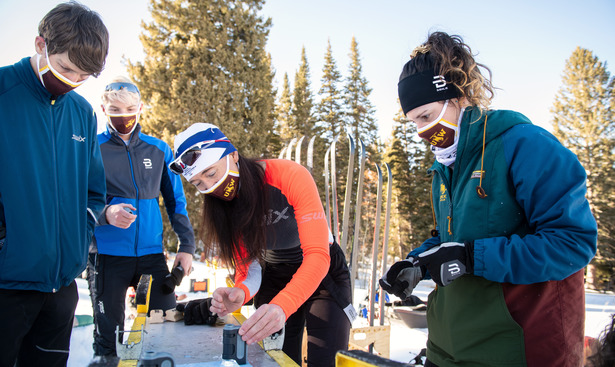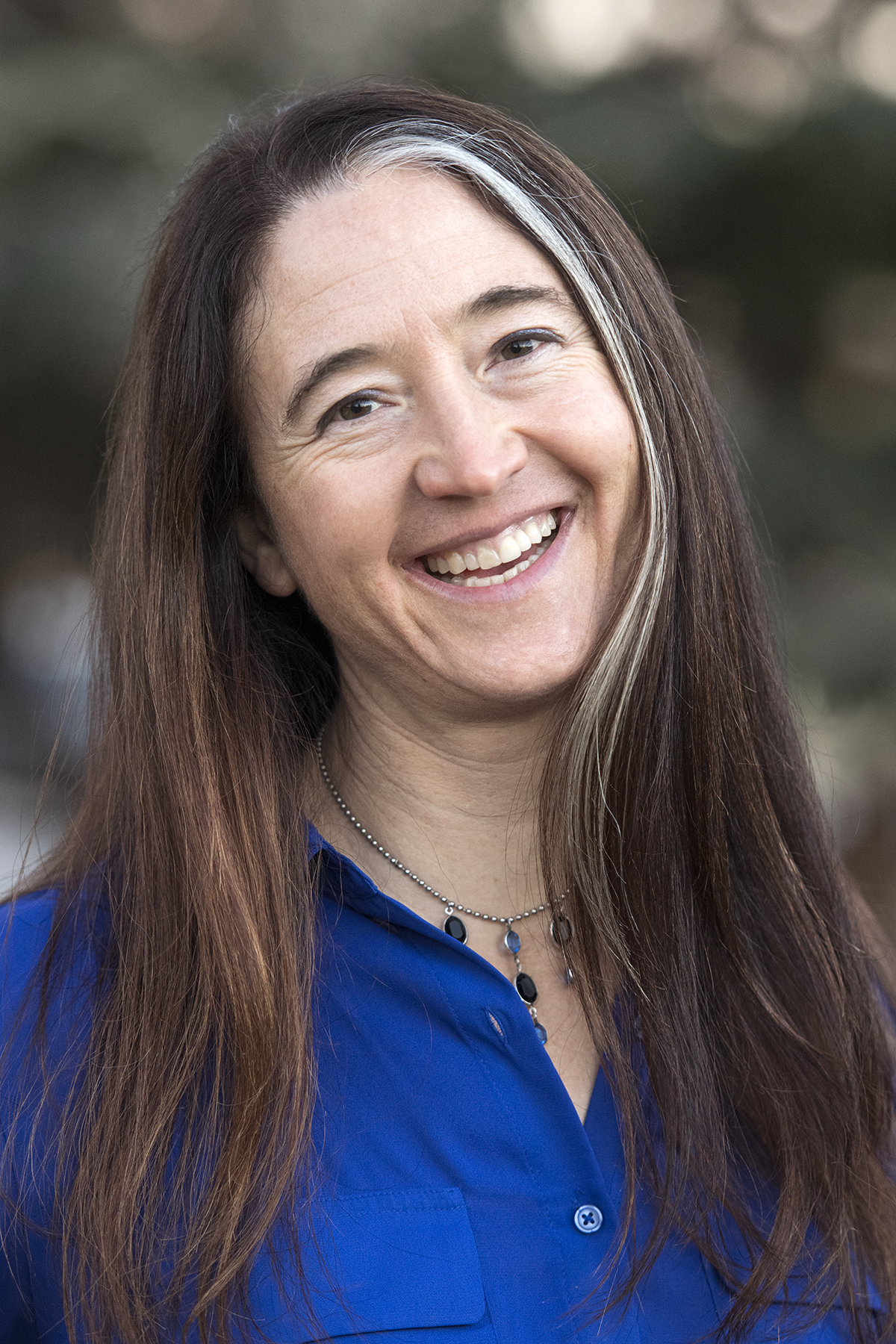| Rachel Watson is the director of the Science Initiative’s Learning Actively Mentoring Program at the University of Wyoming. As an educational developer, she facilitates holistic, sustained training that is informed by andragogical best practices and enables educators to develop teaching and learning philosophies that showcase active, inclusive pedagogical and assessment practices that align with their outcomes and their values. She also serves as the Program Director for the Wyoming Inclusive Excellence 3 (IE3) Initiative which is funded, in part, by the Howard Hughes Medical Institute Science Education Program. Melding together science, humanism, feminism, and queer theory, Rachel's research interests focus on learning assessment, active learning, the student and educator experience, and social and environmental justice as they inform curriculum design. For 23 years, Rachel was a professor and instructional designer of microbiology and biochemistry. She now teaches transdisciplinary health and environmental science courses for the Division of Kinesiology and Health. For twenty-six years, Rachel has been the co-coach of the Men's and Women's Nordic Ski Team, coach of Team USA at five World University Games and is a co-leader of the International Nordic Ski Training & Coaching Program. |
|
A statement from Rachel: “I identify as a transdisciplinarian and a pluriverse scholar! In addition to directing the Learning Actively Mentoring Program (LAMP), I love teaching courses ranging from microbiology and biochemistry to pedagogy. I thrive most when teaching transdisciplinary courses in which I partner with students to seek solutions to the World’s greatest problems.
My research centers on active, inclusive learning modalities and I am part of an international research team that studies learner self-assessment. Utilizing a knowledge survey called the Science Literacy Concept Inventory, this team has thousands of measures of learner’s competence (knowledge) and self-assessed competence (confidence). This research has disproved the long-held hypothesis, called the Dunning-Kruger effect, that posited that most people are overconfident as compared to their actual competence. I was lucky to lead author a publication in this series which, in addition to further supporting the merit of learner self-assessment, utilized self-assessment measures to enable better understanding of privilege.
I embed social and environmental justice into every class I teach. This is particularly poignant in my Transdisciplinary Microbiology Capstone course called Rebel Science. Over 10 years, more than 85 students have collaborated with a range of partners from free downtown public clinics to state public health and environmental labs. In 2020, we partnered with the Wyoming Public Health Labs (WPHL) to use computational, epidemiological approaches to study the regionally disparate and inequitable impacts of COVID-19. In 2022, we partnered with Metabolic Studio to study Owen’s lakebed photo development as a unique form of art capable of asking scientific questions. The work of my students, their posters, grant proposals and videos speak the most strikingly about the work that we do in this problem-based course.” |


|
More about Rachel: In her twenty-three years of teaching at UW, she has received over fifty teaching awards including the University of Wyoming’s highest teaching honor called the John P. Ellbogen Meritorious Classroom Teaching Award. She is also the recipient of the Shepard Symposium on Social Justice Faculty Award and the Own It: Women in Science Committee Choice Award.
Rachel knits together her love of science educational development with her social justice passion as the PI for Wyoming’s Howard Hughes Medical Institute's Inclusive Excellence Challenge (the HHMI IE3). Wyoming is fortunate to be one of only fifteen institutional teams nationwide to be part of a national learning community re-envisioning inclusive collaborations between 2-year and 4-year institutions.
For twenty-six years, Rachel has been the volunteer co-coach of the University of Wyoming Men’s and Women’s Nordic Ski Teams. In that time, the team has skied to thirteen United States Collegiate Championship team titles, twenty-three individual titles and boasts 100 Academic All-Americans. In 2011, 2013, 2015, 2017, 2019, and 2021 Rachel was named head coach for Team USA at the World University Games in Turkey, Italy, Slovakia, Kazakhstan, Russia and Switzerland. In synergy with these abroad experiences, Rachel has designed, developed and assessed action learning courses including Skiing and Climate Change, Environmental Assessment of an International Athletic Event, The Body as Planet, The Planet as a Body and Dysbiosis to Pluriversebiosis. In 2019, Rachel co-designed the UW-Shanghai University of Sport Nordic Ski Training Program. Through this program, 30 student athletes from Shanghai have become teammates with the UW skiers. They learn to Nordic ski at an elite level, and evolve their coaching skills and pedagogy through a course that Rachel co-developed. Originally called The Art and Science of Nordic Ski Racing, this course has evolved to an integrated course called Endurance Mountain Sport in which students learn biochemistry, physiology, psychology and philosophy within the context of mountain running, cross-country skiing and ski mountaineering.
To learn more, please take a look at Rachel's CV. |

